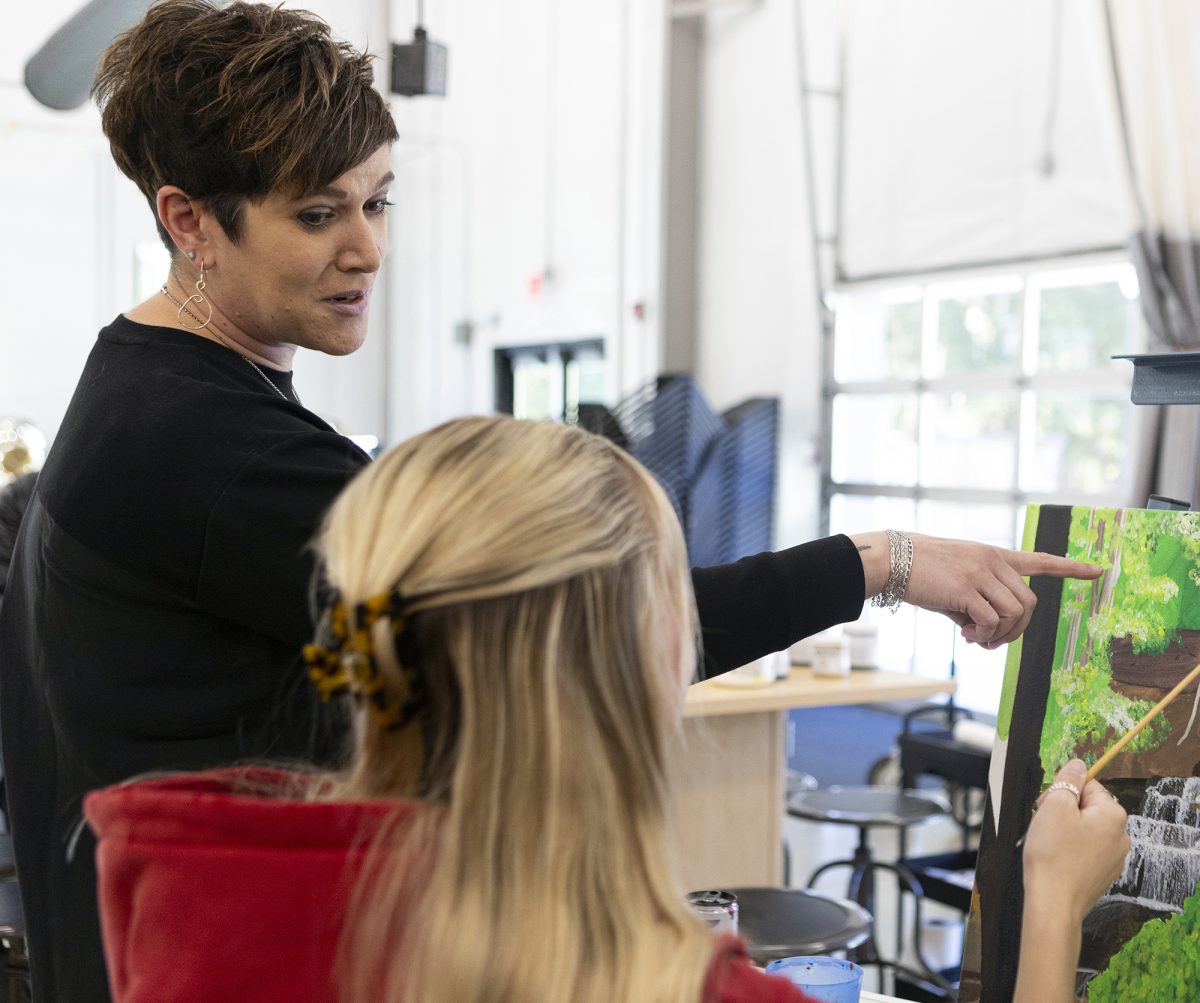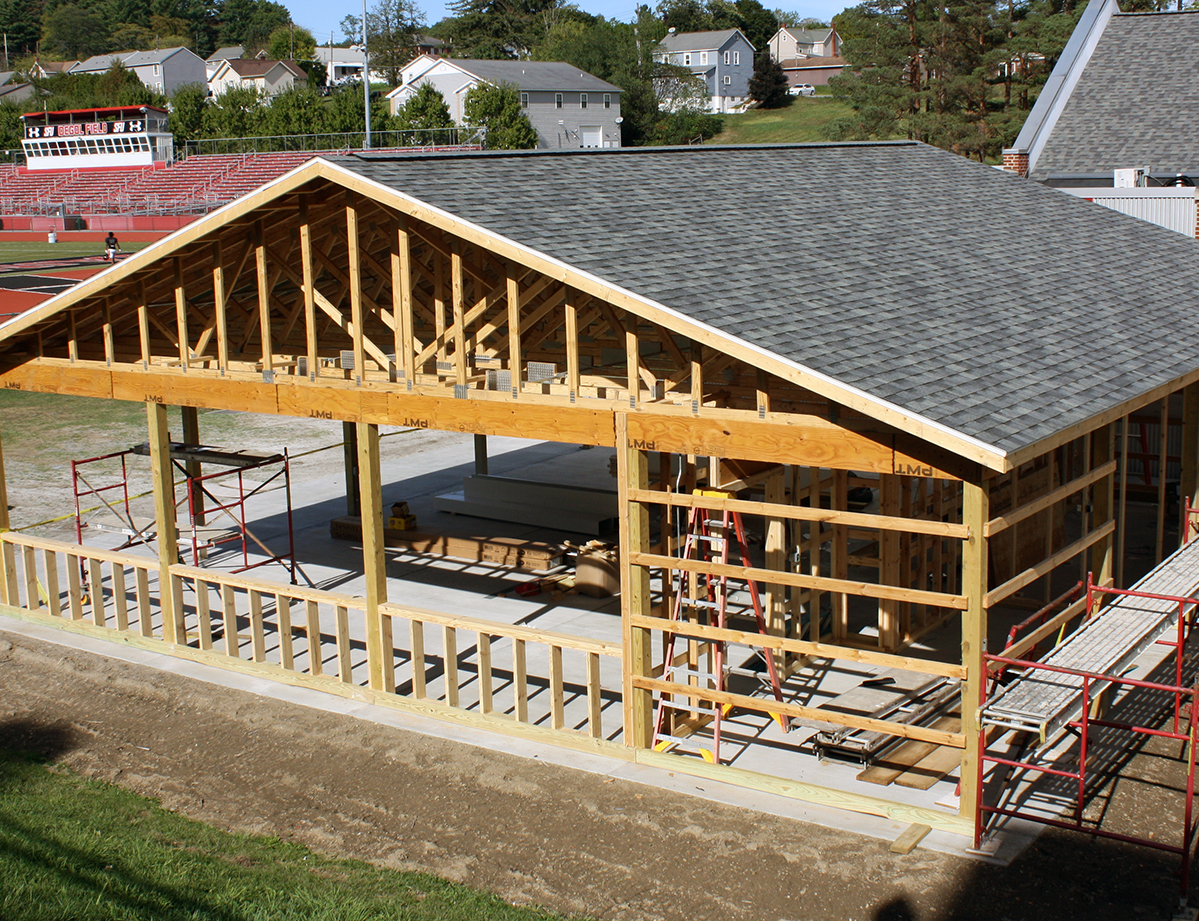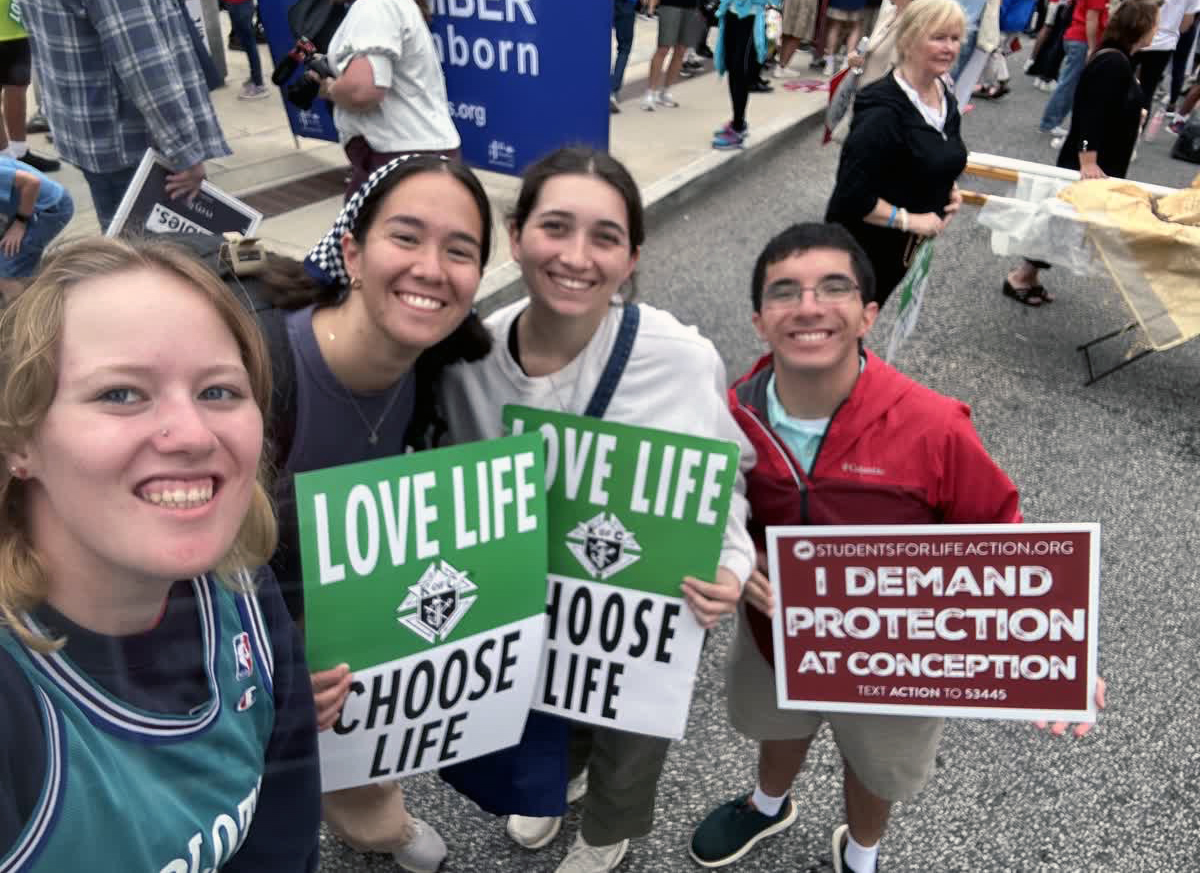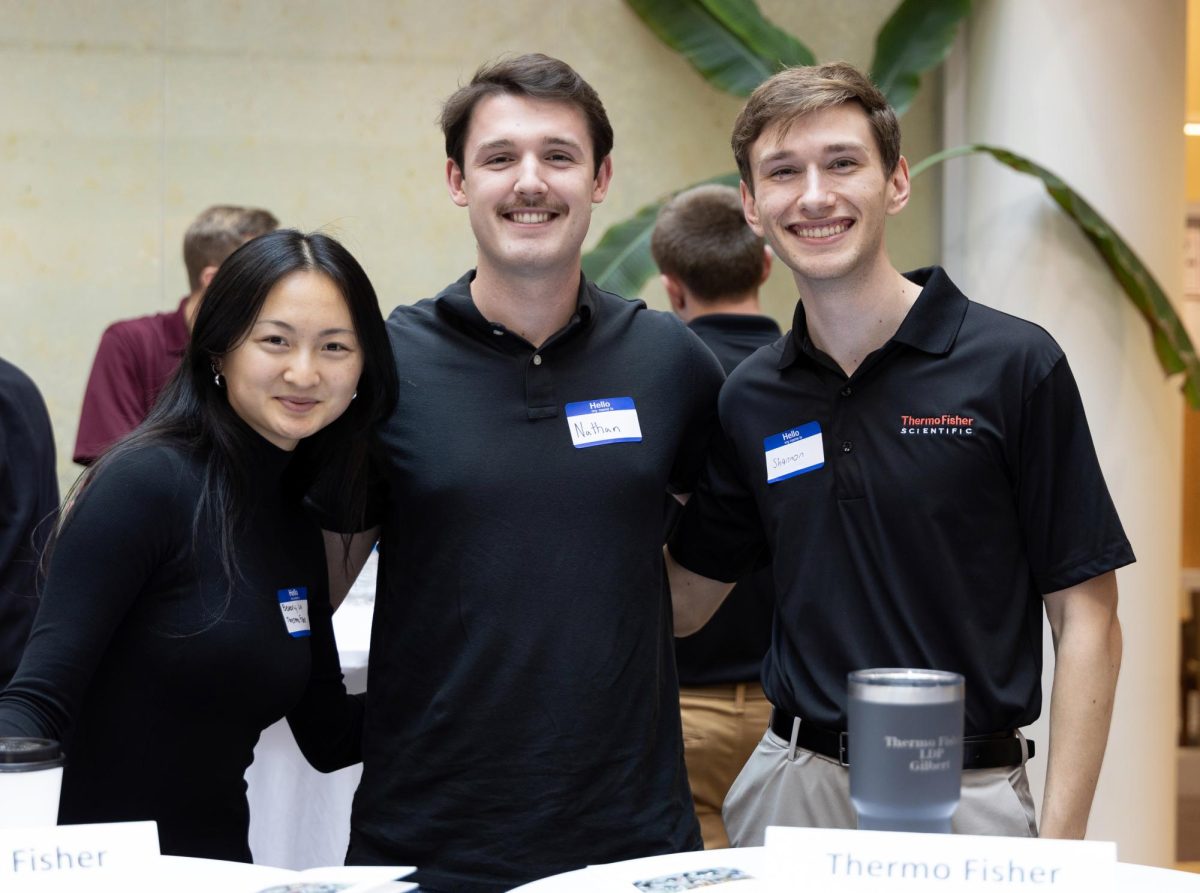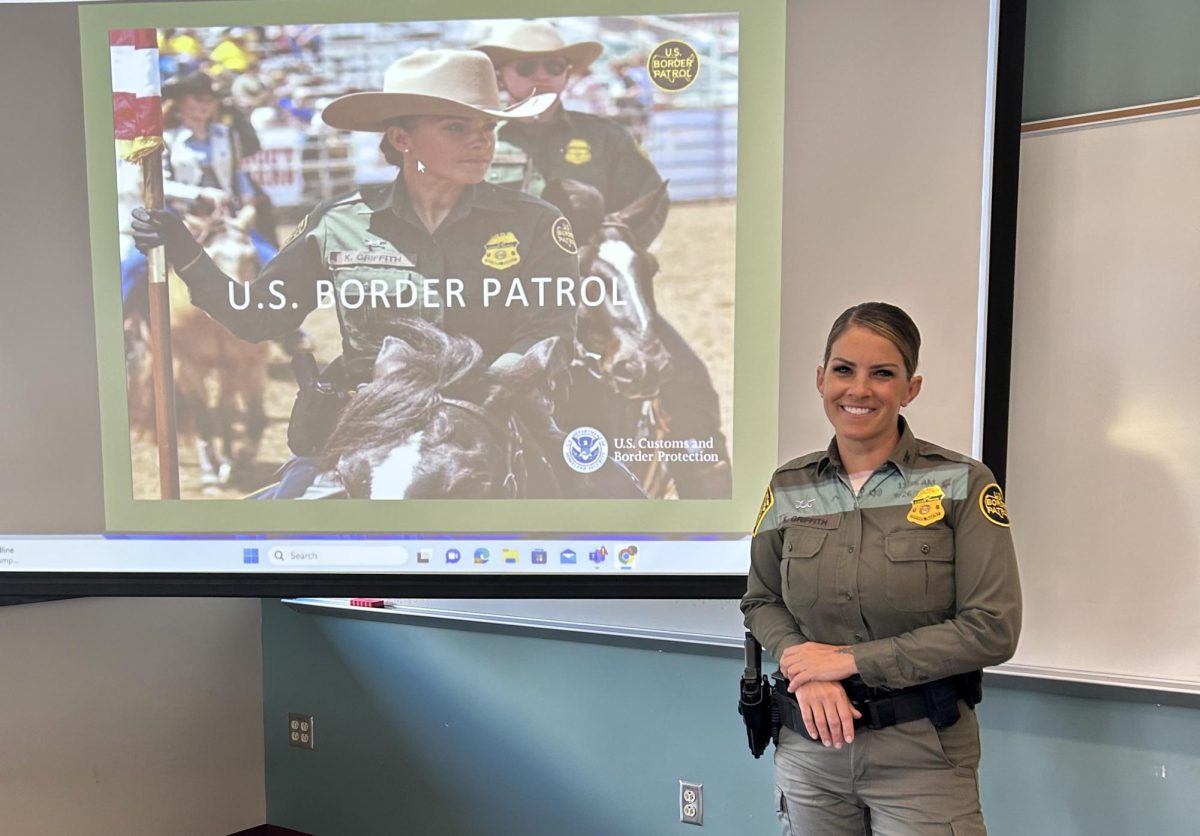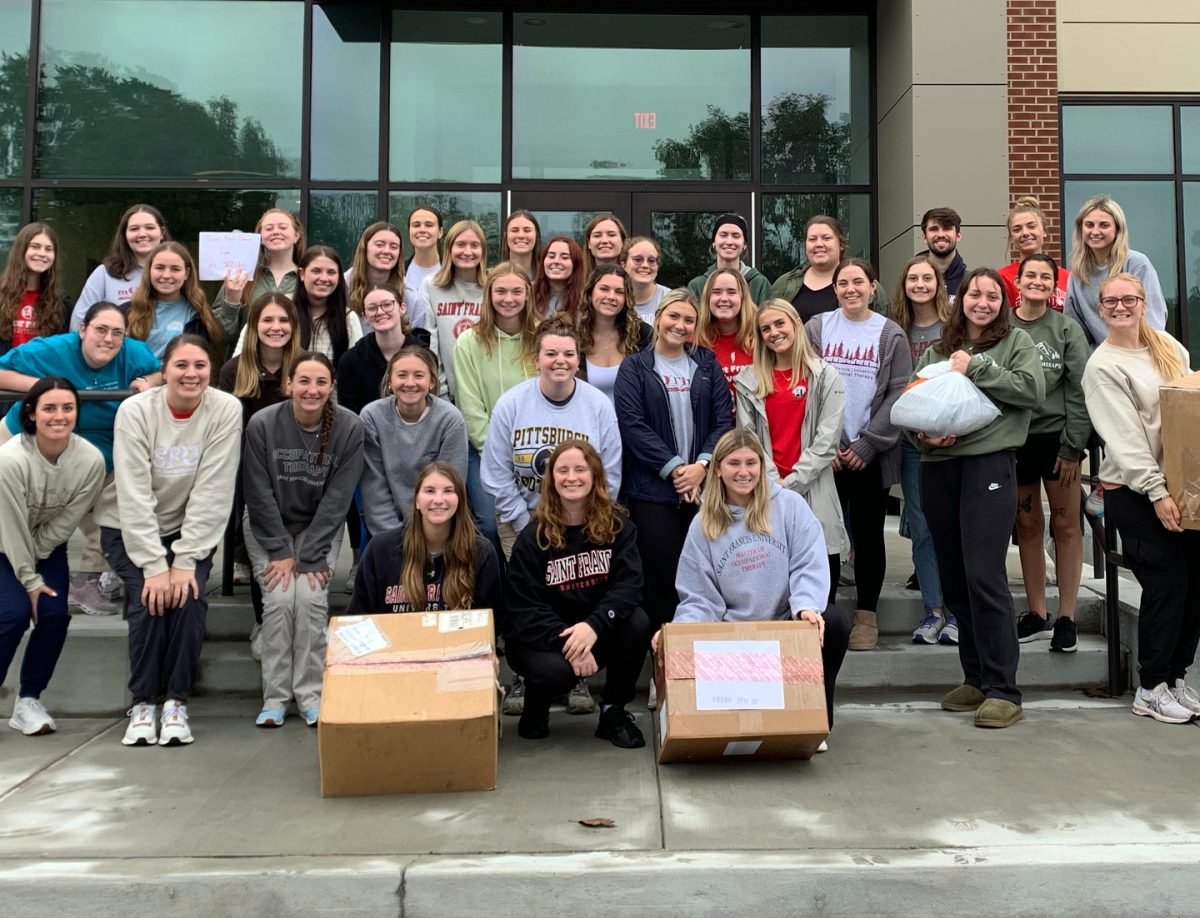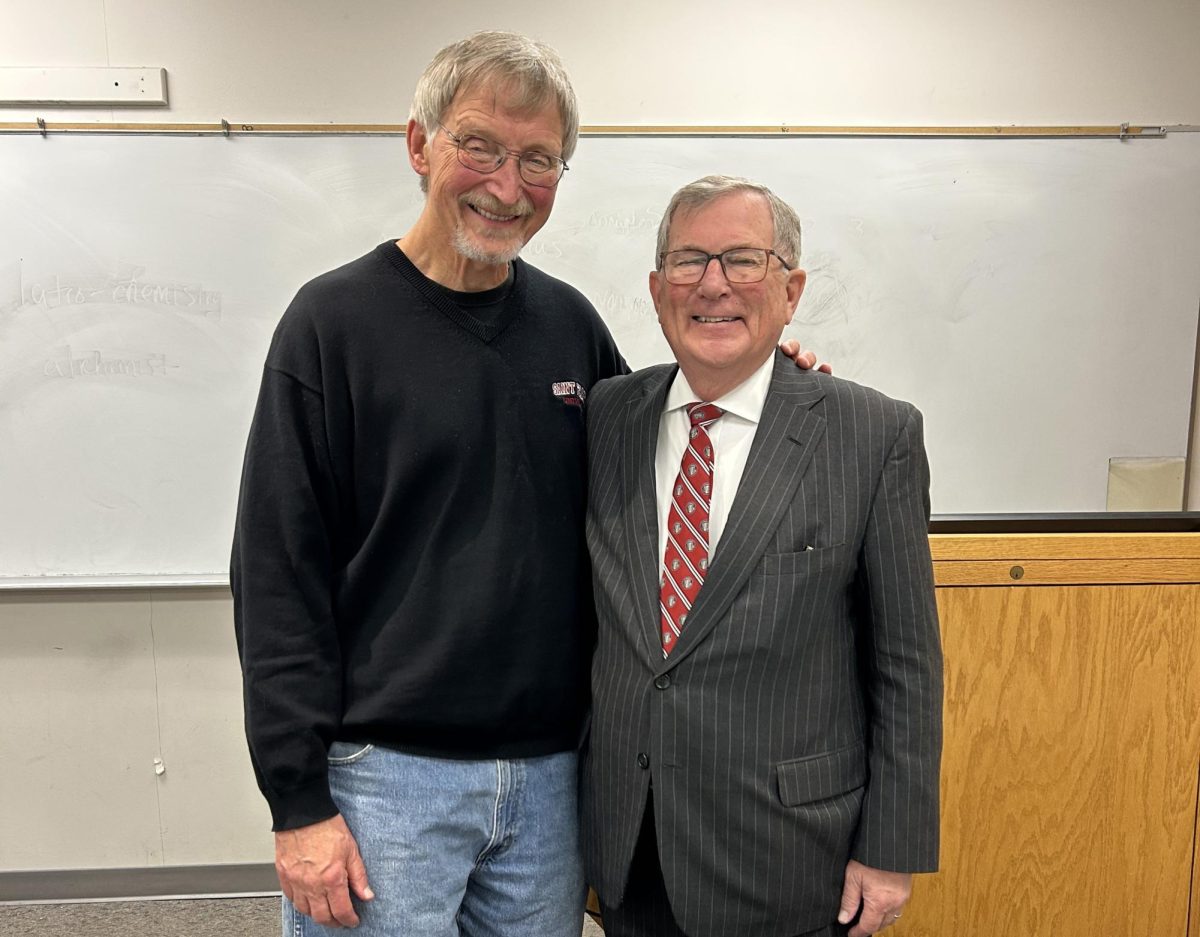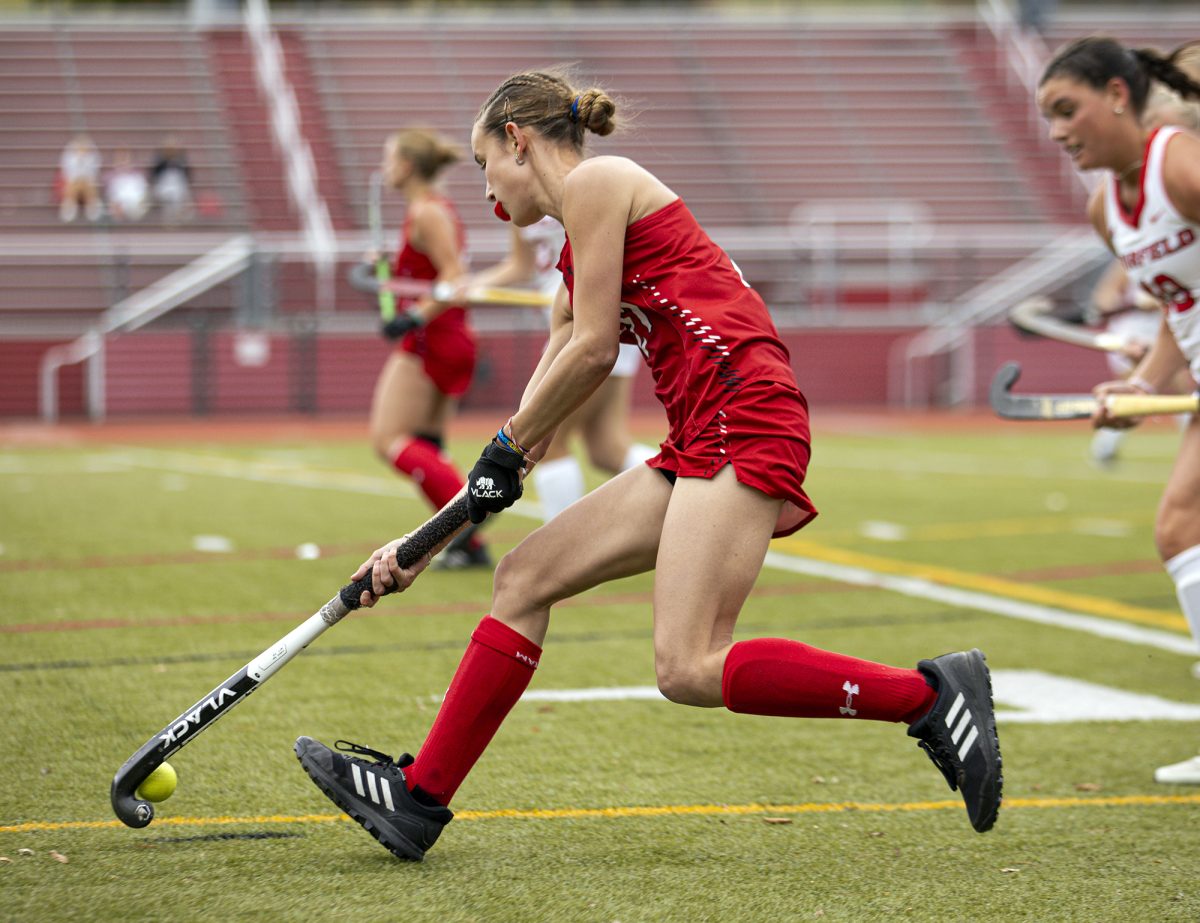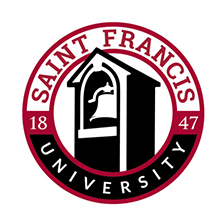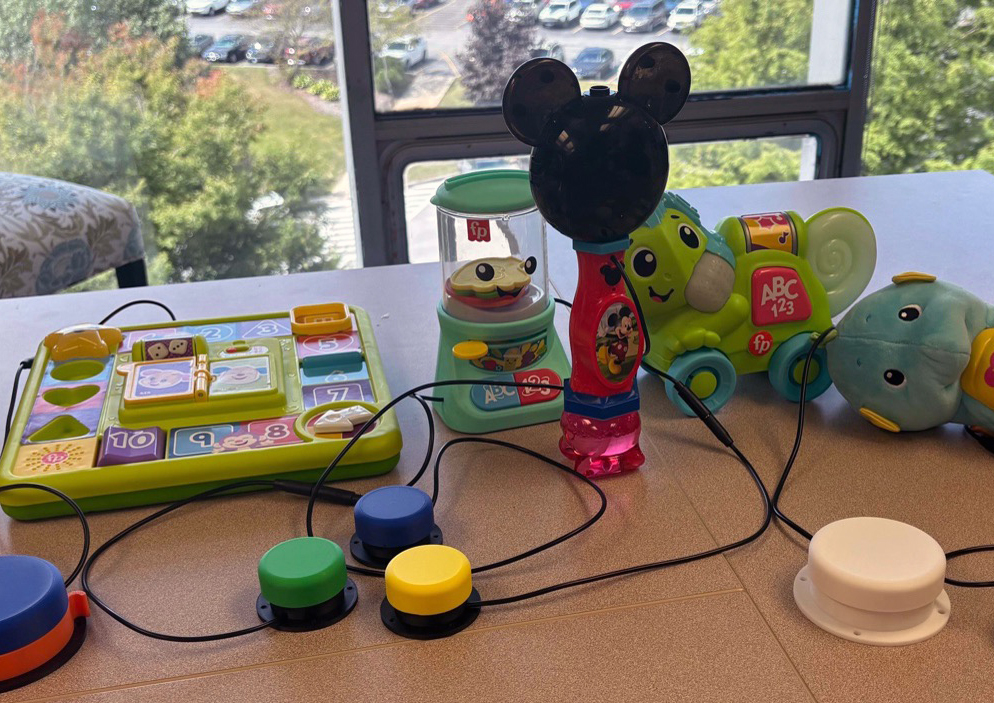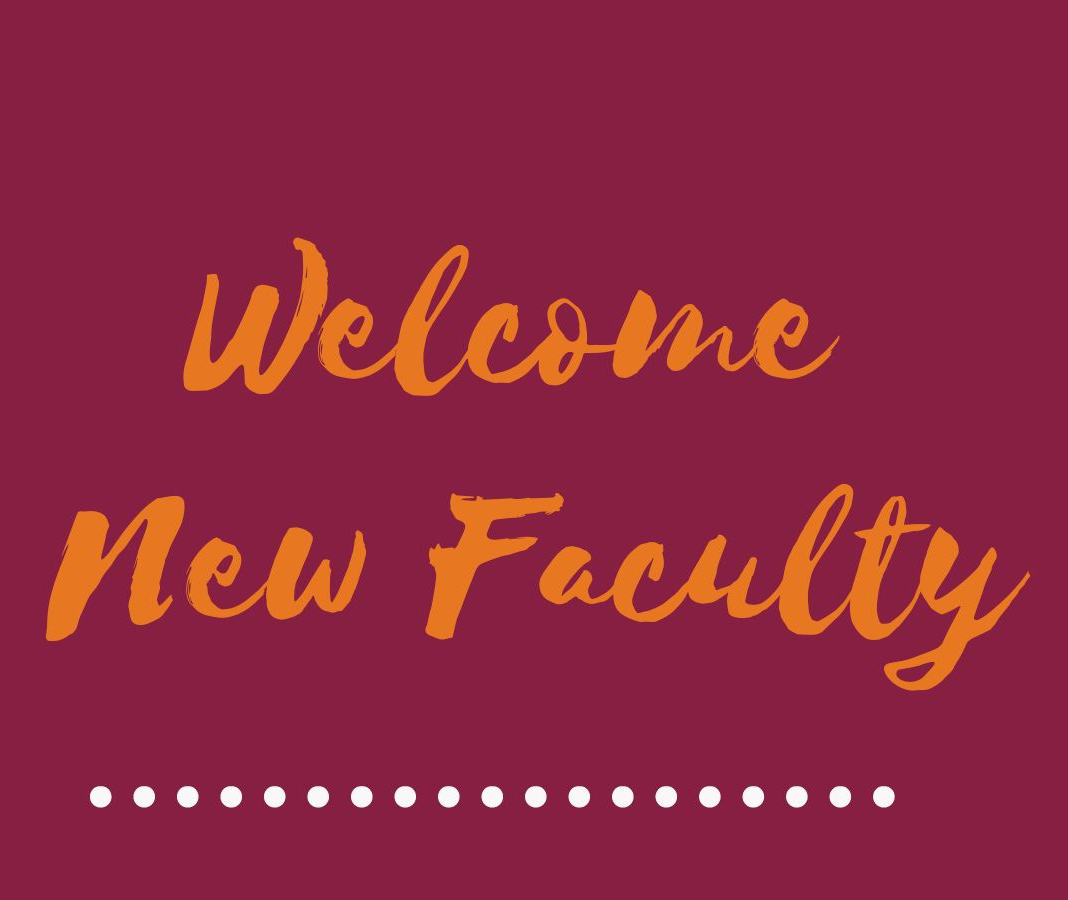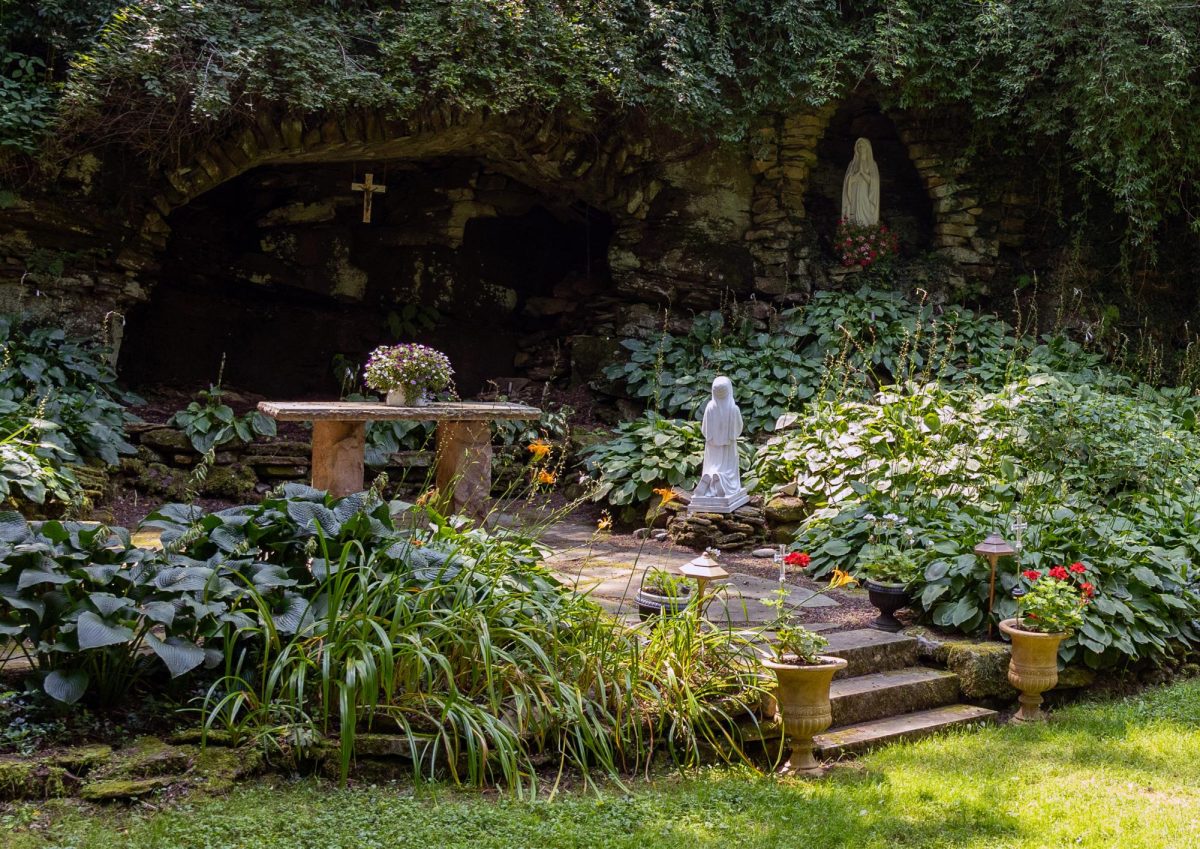Oct. 4, 2024, marks the 10th anniversary of the Very Rev. Malachi Van Tassell’s inauguration as the 32nd president of Saint Francis University. Troubadour Features Editor Ava Dzurenda recently sat down with Father Malachi for an interview:
Ava: What changes or initiatives are you most proud of during your tenure as president?
Father Malachi: Shout out to the Department of Theology and Philoso-phy. Kudos to the folks who used to work in that department – they all retired pretty much within a year or two of each other. The only long-term faculty member still with us is Dr. (Art) Remillard, who’s now the acting dean of the School of STEAM. When the other faculty members retired, we brought in the faculty that we have now and they’re a really good group. I’m proud of all our faculty hires, in general (across the University).
Ava: Saint Francis recently launched an Aviation Technician Program and the rollout of a Patient Care Technician Program is coming soon. Will the University be introducing other programs that focus more on vocational skills?
Father Malachi: I can’t name a specific program at the moment, but I can say we’re always on the lookout for new programs. The two you mentioned are in workforce development, which really diversifies both our revenue stream and student base. On the traditional side, I wouldn’t be surprised if we added a new academic program or two in the coming years. We’re doing research to see what the market needs are and if something aligns with us.
Ava: How has the relationship between SFU and the local community evolved during your presidency?
Father Malachi: I am blessed to have a great personal relationship with a lot of local folks. When I became president 10 years ago, I had already spent a decade in the fire company here, so I knew a lot of people. I’d like to believe that this relationship with the community has only grown over time. Some tangible examples of that include the St. Catherine streetscape, the McGuire Park improvements, and the community picnic each year. Going forward, I’d like to do more, like a project to improve St. Joseph Street from St. Peter’s down to Metz Road. We could put in a sidewalk and clean up that neighborhood. I think you’ll see this relationship continue to grow in a positive way.
Ava: The primary region where the University draws many of its students – west/central Pennsylvania – has seen a significant population decline over the last decade. When you couple this with the fact that fewer high school students are deciding to pursue a college education, it becomes a serious challenge for area colleges and universities. What steps are being taken here at SFU to confront this challenge?
Father Malachi: One of the things we started about two years ago is the PEACE Program, which stands for the “Partnership for Excellence in the Advancement of Catholic Education.” Historically, we’ve always tapped into the area’s Catholic high schools, maintaining strong relationships with Bishop Guilfoyle, Carroll and McCort, and St. Joseph’s Academy. With PEACE, we’re trying to create a new pipeline, forming partnerships with Catholic high schools not only in Pennsylvania, but in neighboring states as well. We’ve seen this pay off with students from places like Allentown and Philadelphia joining us through this initiative. Knowing that the student population is shrinking, we’re getting our name out more aggressively and expanding our reach. The College-in-High-School Program was the first step and the PEACE Program has been the next phase in tackling this challenge.
Ava: Many colleges are reducing the number of academic programs that they offer in the face of today’s economic challenges. Saint Francis is no exception – the University eliminated several academic programs following the institution’s 2018 restructuring. Do you foresee the University eliminating additional academic programs over the next three to five years?
Father Malachi: We’re always evaluating. Before we eliminate any program, we ask important questions like, “Is there a need in the market?” or “Can we revitalize the major?” or “Could we be advertising it better?” We want to give every program the opportunity to thrive. But at the same time, we need to be realistic – if a program consistently has low enrollment, we have to consider closing it.
Ava: The 2018 restructuring of the University was a seismic event in the institution’s history and one that took place during your presidency. More than six years have passed since this restructuring began. Do you consider the restructuring a success? Is there anything that you would have done differently if you had the benefit of hindsight?
Father Malachi: I would have done it sooner. But otherwise, no, I stand by it. We did the right thing at the right time, and we had the right people in place to restructure the institution. The one thing out of our control was COVID. As we were emerging from the restructuring, COVID hit, which didn’t allow the dust to settle or give us time to fully assess and plan our next steps.
Ava: You led the institution through the pandemic. There’s no handbook on how to lead a university when much of the world is shutting down around it. What do you think Saint Francis did well during this period and, given hindsight, are there any areas where you think the institution could have done better?
Father Malachi: I think we did an amazing job getting students back on campus as quickly as we did. Our Physician Assistant cohort was back on June 1, 2020 – possibly the first program in the state to return. We kept everyone safe and had all of our students back by the fall of 2020, while maintaining safety protocols. In hindsight, it’s hard to say if we would have done anything differently. At the time, our mantra was to be on campus, in-person, and I stand by that decision. We didn’t mandate vaccines and I’m proud of how we handled the situation.
Ava: Athletics plays a very important role in the University’s enrollment model, but it is also very expensive to operate an NCAA Division I program that sponsors 23 sports. Looking ahead, if economic conditions in higher education worsen, would SFU consider dropping down to Division II or Division III? Or dropping sports?
Father Malachi: It’s something we should always be evaluating – just like academic programs. We work to ensure that the money spent on athletics is spent efficiently and that athletes are receiving the quality experience they deserve. However, it’s an expensive operation and there are many unknowns. We don’t know what the future of the NCAA looks like, particularly how Division I may be redefined. If the NCAA were to make changes, we’d have to reassess and determine what’s best for the institution. For now, we’re committed to staying Division I unless those rules change. In the meantime, we have a responsibility to spend money efficiently to provide student-athletes with the best athletic experience possible.
Ava: The University has seen a flurry of building and renovation projects in recent years – the Connors Family Fine Arts Center, Saint Margaret Hall, the Curry Center, the hangar buildout at the Johnstown Airport and the chapel renovations. Can we expect to see building and renovation projects continue at this pace over the next three to five years?
Father Malachi: I can’t wait to finish Sullivan Hall – it’s been in the works for years. That’s going to be the final piece of the current academic building project. Currently, we don’t have the funds to finish Sullivan. We’re still fundraising for it. Once that’s completed, we’ll start asking students what they’d like to see next. I’ve heard requests for a rec center and renovations to the residence halls, so we’ll be consulting with Student Government to determine what students want. Then we can start fundraising for those projects. The good news is that we’re nearing completion of the academic buildings. Once they’re finished, we can shift our focus.
Ava: You and your leadership team choose a different theme each academic year and this year’s theme is “Franciscan Character.” Can you define what this means to you?
Father Malachi: There’s the obvious Franciscan presence when you see the friars, but what truly stands out is the joyful spirit of our faculty, staff and students. This vibrant Franciscan heart is what sets us apart from other schools. To me, focusing on Franciscan character means honoring our roots, not just our heritage. It’s what is in our hearts: joy, peace and simplicity. It’s about bringing that spirit into our academic community.
Ava: As president, how do you stay connected to students and what have you learned from them that influences your leadership?
Father Malachi: I could list any number of things. If I’m on campus, I eat lunch in Torvian and it’s nice to rub elbows with students that way. I try to host a couple of student focus groups each semester, which are essentially dinners where we have conversations. Students tell me what’s happening. I also get together with the Student Government Executive Board once a semester and have random conversations with students in the hallways. I consistently learn from students when I meet with them. We all have something to teach and something to learn. For example, in 2020, we discussed race relations. In the spring of 2023, we addressed sexual violence. It was a priority for me during both these periods to meet with student leaders. Hearing their thoughts directly shaped my thinking about what was best for the institution. I really value getting together with students.
Ava: How would you complete this sentence? A student who enrolls at Saint Francis can expect ___.
Father Malachi: It’s going to sound like a cliché, but a student can expect to “become that someone.” A student can expect to become their best self by the time they graduate. They will have the opportunity to be challenged in the best ways, meet friends for life, and receive a great education that prepares them for a successful career. My first 10 years as president went quickly, and not many presidents get to say they’re in their second decade. I’m excited to be in mine. I believe we’ve accomplished a lot in the last 10 years, and I look forward to many great things in the next decade. At the end of the day, it’s all about what’s best for our students.

